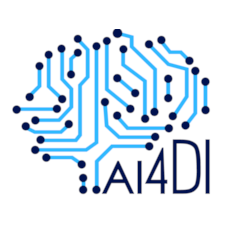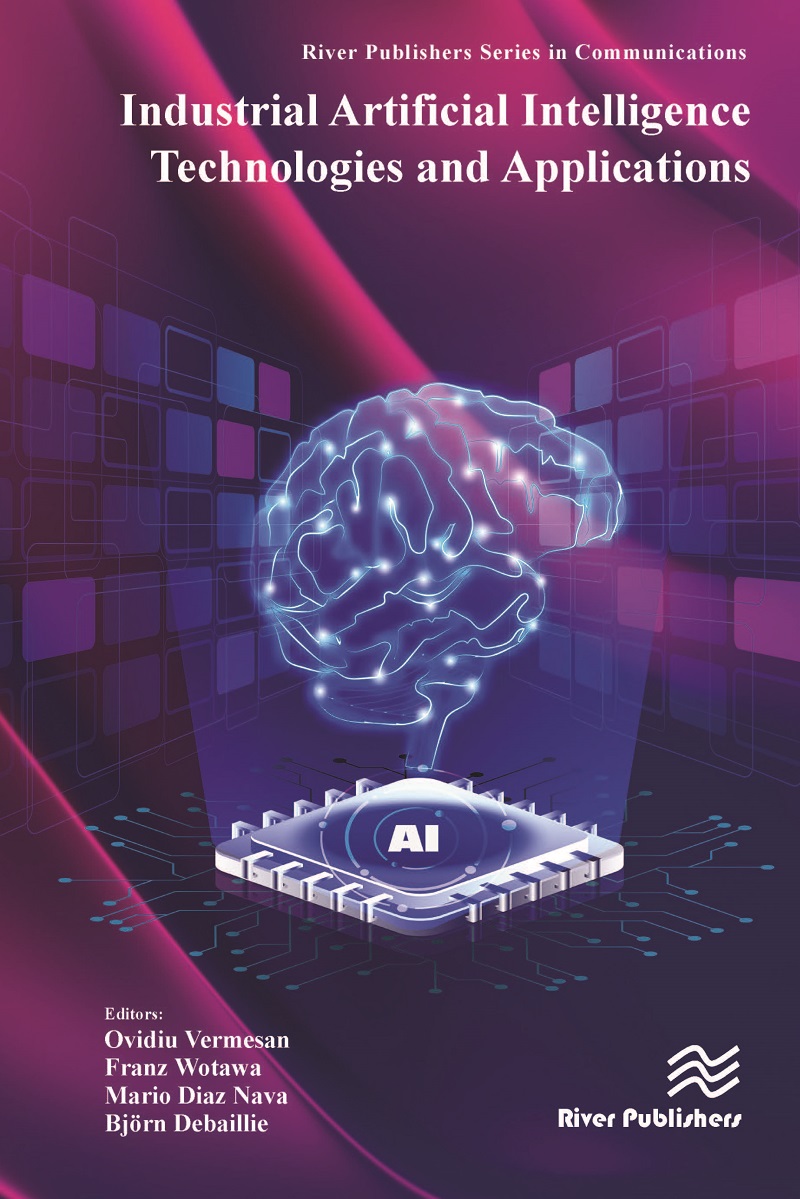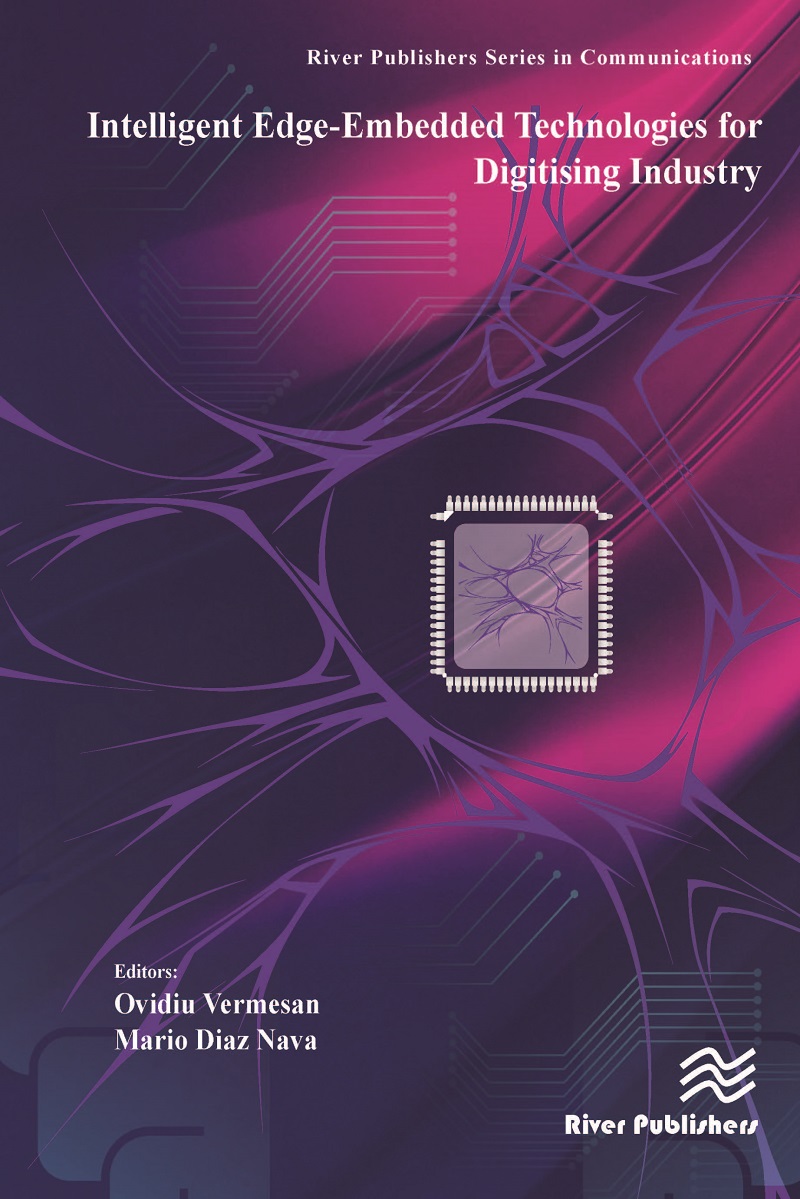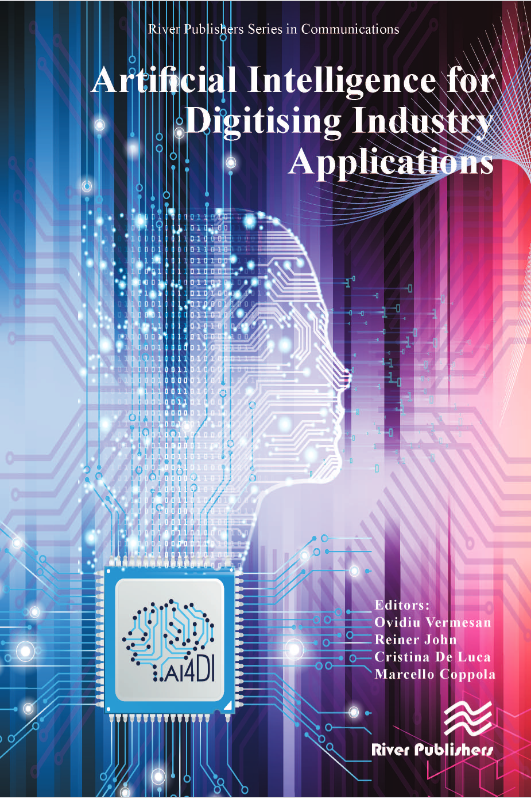Embedded Artificial Intelligence: Devices, Embedded Systems, and Industrial Applications
Recent technological developments in sensors, edge computing, connectivity, and artificial intelligence (AI) technologies have accelerated the integration of data analysis based on embedded AI capabilities into resource-constrained, energy-efficient hardware devices for processing information at the network edge. Embedded AI combines embedded machine learning (ML) and deep learning (DL or spiking neural network (SNN) algorithms on edge devices and implements edge computing capabilities that enable data processing and analysis without optimised connectivity and integration, allowing users to access data from various sources. Embedded AI efficiently implements edge computing and AI processes on resource-constrained devices to mitigate downtime and service latency, and it successfully merges AI processes as a pivotal component in edge computing and embedded system devices. Embedded AI also enables users to reduce costs, communication, and processing time by assembling data and by supporting user requirements without the need for continuous interaction with physical locations. This book provides an overview of the latest research results and activities in industrial embedded AI technologies and applications, based on close cooperation between three large-scale ECSEL JU projects, AI4DI, ANDANTE, and TEMPO. The book’s content targets researchers, designers, developers, academics, post-graduate students and practitioners seeking recent research on embedded AI. It combines the latest developments in embedded AI, addressing methodologies, tools, and techniques to offer insight into technological trends and their use across different industries
Industrial Artificial Intelligence Technologies and Applications
This book offers comprehensive coverage of the topics presented at the ?International Workshop on Edge Artificial Intelligence for Industrial Applications (EAI4IA)? in Vienna, 25-26 July 2022. EAI4IA is co-located with the 31st International Joint Conference on Artificial Intelligence and the 23rd European Conference on Artificial Intelligence (IJCAI-ECAI 2022). It combines the ideas and concepts developed by researchers and practitioners working on providing edge AI methods, techniques, and tools for use in industrial applications. By highlighting important topics, such as embedded AI for semiconductor manufacturing and trustworthy, dependable, and explainable AI for the digitising industry, verification, validation and benchmarking of AI systems and technologies, AI model development workflows and hardware target platforms deployment, the book explores the challenges faced by AI technologies deployed in various industrial application domains.
Intelligent Edge-Embedded Technologies for Digitising Industry
This book explores new developments, ideas, and concepts in intelligent edge-embedded technologies for the digitising industry. The work is based on recent research results and activities in edge industrial computing, artificial intelligence (AI), the Industrial Internet of Things (IIoT) and digital twin technologies. Each chapter builds on the research, developments and innovative ideas generated by AI4DI, ANDANTE and TEMPO ECSEL JU, as well as other European research projects. Furthermore, the book reviews the core concepts for edge AI advancements in the digitising industry and the impact of AI and digital twins on IIoT. Finally, the book addresses ethical considerations and the trustworthiness of industrial AI systems? core concepts, as well as the current challenges of AI standardisation in the digitising industry.
Artificial Intelligence for Digitising Industry Applications
This book provides in-depth insights into use cases implementing artificial intelligence (AI) applications at the edge. It covers new ideas, concepts, research, and innovation to enable the development and deployment of AI, the industrial internet of things (IIoT), edge computing, and digital twin technologies in industrial environments. The work is based on the research results and activities of the AI4DI (ECSEL JU) project, including an overview of industrial use cases, research, technological innovation, validation, and deployment. This book's sections build on the research, development, and innovative ideas elaborated for applications in five industries: automotive, semiconductor, industrial machinery, food and beverage, and transportation. The articles included under each of these five industrial sectors discuss AI-based methods, techniques, models, algorithms, and supporting technologies, such as IIoT, edge computing, digital twins, collaborative robots, silicon-born AI circuit concepts, neuromorphic architectures, and augmented intelligence, that are anticipating the development of Industry 5.0. Artificial Intelligence for Digitising Industry - Applications.




